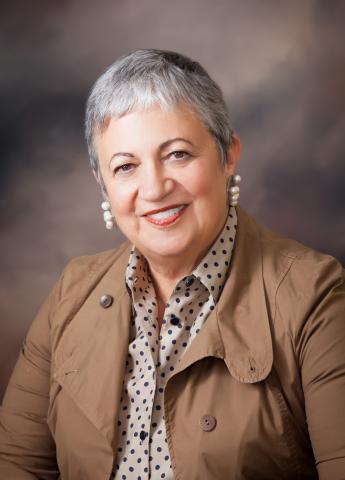Mary Nichols
Photo: CARB
The Presidential Memorandum, which was issued yesterday by President Trump. directs the U.S. Environmental Protection Agency (EPA) to speed up the review of permit applications, air quality plans, and other areas to streamline and make more efficient a variety of air pollution programs, policies, and procedures.
In the Memorandum, President Trump asserts that existing EPA requirements and procedures have resulted in "unnecessary impediments to new manufacturing and business expansion essential for a growing economy."
In response, Nichols said, “This order caves to a minority of industries who claim Clean Air Act standards are too strict, too costly and too burdensome. The truth is a large body of research shows the Clean Air Act dramatically improves public health, especially among our most vulnerable populations. The consequences of inaction are irresponsible -- unhealthy people, shortened lives, and greater demands on our health care system.”


